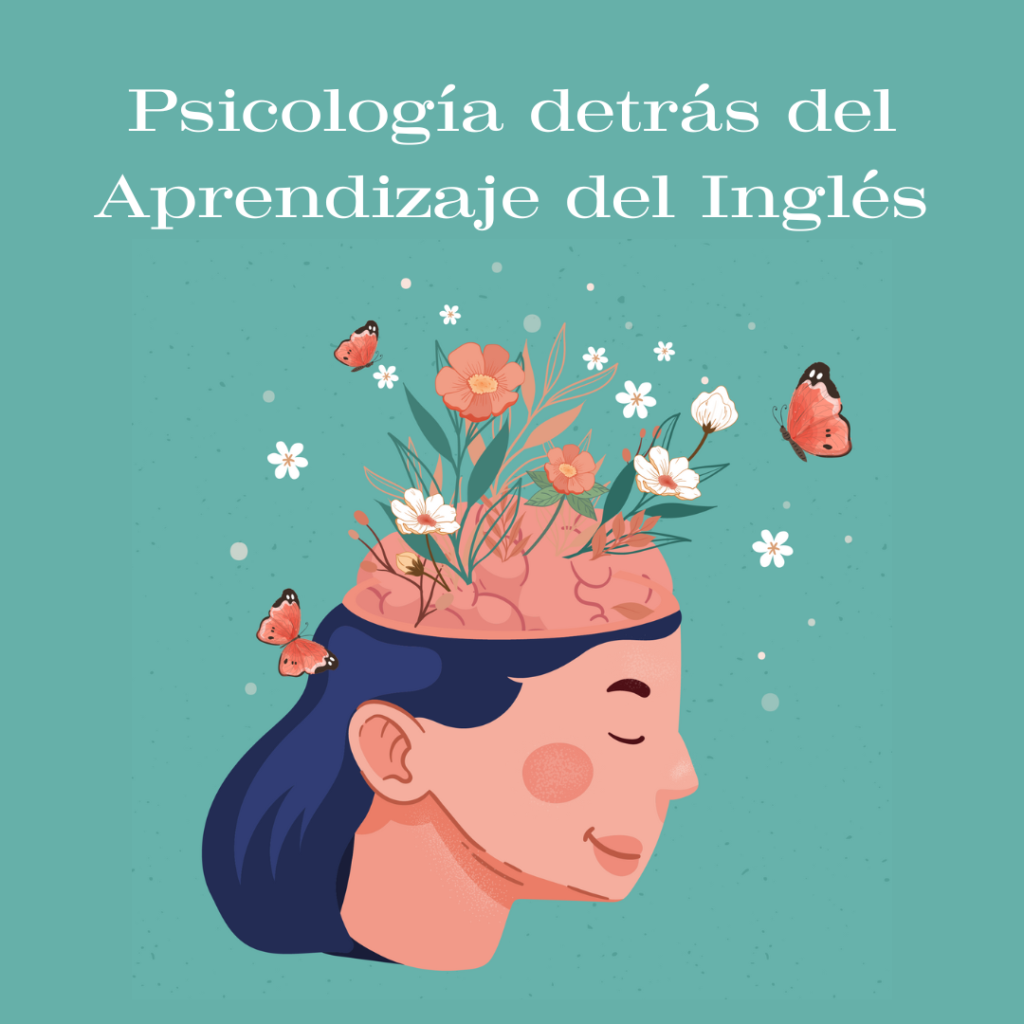Common Mistakes
La Psicología detrás del Aprendizaje del Inglés
La psicología en el proceso de aprender inglés va más allá de la simple memorización de vocabulario y reglas gramaticales. Es un viaje complejo que implica tanto aspectos cognitivos como emocionales. En este artículo, exploraremos en profundidad la psicología detrás del aprendizaje del idioma inglés, identificando los factores clave que influyen en este proceso y…
Read MoreInglés para negocios | Business English
Dominando los fundamentos de inglés de negocios para el éxito empresarial En el dinámico mundo empresarial actual, la comunicación efectiva es más que una habilidad; es un pilar fundamental para el éxito. Y cuando se trata de comunicación en un entorno internacional, el inglés se convierte en el idioma principal que une a personas de…
Read MoreAclarando el uso de adjetivos en inglés que terminan en -ed y -ing. ¿Cuándo utilizarlos?
¡Hola! Bienvenido a otro emocionante Blog semanal de Roll your English. Recuerda, este Blog está diseñado para ayudar a estudiantes como tú a aprender inglés real, relevante y significativo a través de nuestros cortos pero valiosos videos de YouTube llenos de consejos en inglés. Estos consejos te ayudarán a mejorar tus habilidades para hablar inglés.…
Read MoreEstrategias para Hablar Inglés: Consejos Prácticos de Roll Your English 🌟
Hi there! Querid@ hablante de Roll your English! 😊 En Roll Your English, entendemos que alcanzar la fluidez en inglés es un viaje emocionante y desafiante. A lo largo de los años, hemos probado y presenciado estrategias para hablar inglés altamente exitosas, y hoy compartimos contigo algunas de las más efectivas. ¡Vamos a sumergirnos en…
Read More¿Tiene tu inglés un equilibrio perfecto?
¿A qué nos referimos con equilibrio perfecto? Muchos de nuestros estudiantes comienzan en Roll Your English con un inglés descompensado. La mayoría de ellos escriben o leen principalmente en inglés, pero muy pocos hablan o poseen todas las habilidades necesarias para tener fluidez hablando inglés. ⚖️ ¿Qué significa que tu inglés tenga equilibrio perfecto? ⚖️…
Read MoreEstablece hábitos de aprendizaje del inglés
Hi there! Muchas personas desean ser fluidas en inglés; quieren poder hablar sin miedo ni timidez. Sin buscar las palabras correctas y la gramática, pero no quieren poner el esfuerzo de establecer hábitos de aprendizaje del inglés. Creen que 1 o 2 horas de clase de inglés serán suficientes para alcanzar la fluidez que desean.…
Read MoreMotivos de tu ansiedad para hablar inglés
¡Bienvenid@ a nuestro blog de Roll your English! Hoy vamos a hablar de la ansiedad… la ansiedad relacionada con el inglés… 😱 ¿Sientes ansiedad o te sientes demasiado tímido o avergonzado para hablar inglés? Aprender inglés puede ser un desafío, y hemos observado que hay varias trampas en las que caen los estudiantes de inglés…
Read More7 errores en el aprendizaje del inglés y cómo te ayuda The Conversation Program
Hi there! Muchas personas comienzan a aprender inglés con mucho entusiasmo y energía… pero después de un tiempo… se sienten desanimadas y desmotivadas, olvidando la emoción inicial de aprender inglés. ☹️ Hemos observado este patrón durante muchos años con errores comunes y, por lo tanto, hemos formulado un programa, The Conversation Program (TCP), que…
Read MoreUna historia de éxito en el aprendizaje del inglés
¡Hola! Esta semana nos gustaría compartir una historia. Un estudio de caso sobre un estudiante que tuvimos y cómo cambió su mentalidad (y su nivel de inglés) durante un año. La historia de Pablo con Roll your English: Pablo había estado estudiando inglés durante años, PERO todavía no podía entender realmente lo que estaba diciendo……
Read MoreLa importancia de la pronunciación en inglés
La pronunciación es importante para una comunicación eficaz en cualquier idioma hablado… pero, ¿qué es exactamente la pronunciación?La pronunciación se enfoca en la producción precisa de sonidos individuales y patrones de habla.Veamos 5 razones por las que es importante que hagas de tu pronunciación en inglés una prioridad. En general, la pronunciación es muy importante…
Read More
 English
English Español
Español








